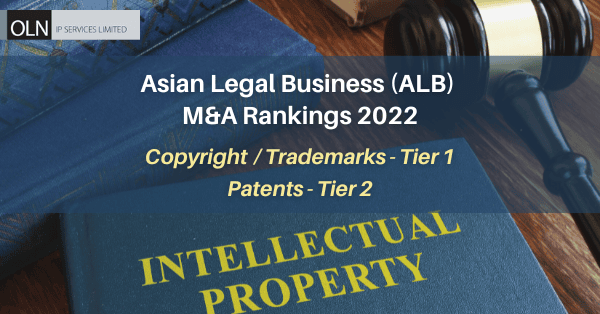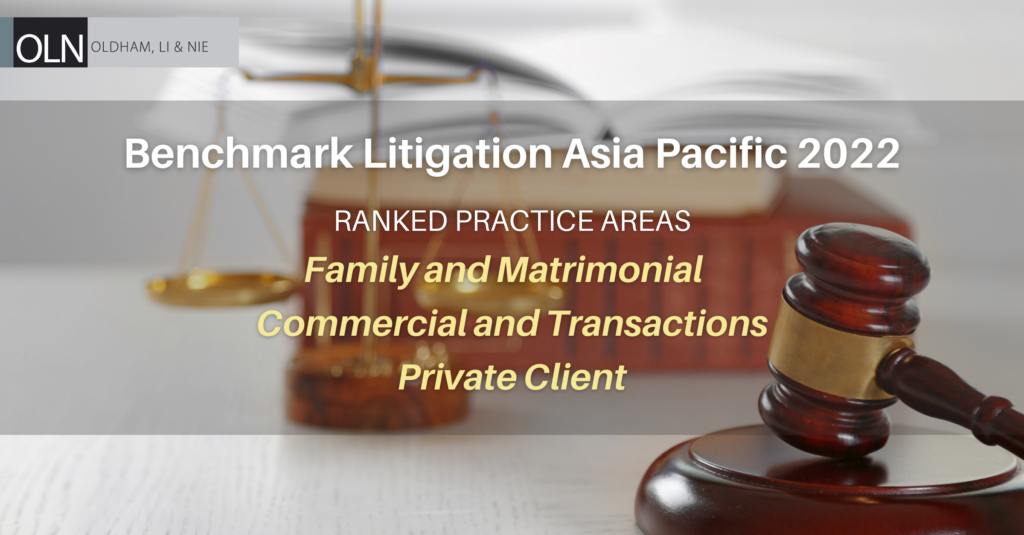Tax consideration, while an essential and integral part for any migration planning, is unfortunately often neglected part or left till the last minute, likely because Hongkongers have been too used to or sometimes even “spoiled” by the simple and low tax system in Hong Kong. The hard reality, however, is that the popular emigration destinations such as the UK and Canada adopt a more complex and heavier tax system, the concept of which is alien to most Hongkongers.
What are the top last-minute tips for pre-immigration tax planning?
Destination countries’ tax rates are generally much higher than those of Hong Kong. To avoid tax “disappointment”, tax planning might efficiently minimize your tax exposure. Many of the tax-saving moves, however, can only be done while you are still a Hong Kong tax resident. It is thus advisable to allow sufficient time before your actual departure to consult tax lawyers. The more preparation time you allow, the more you can achieve. If you are leaving in a rush and only last-minute planning could be done, we would suggest that you at least go for the following:
Updating Current Market Value of existing investment
Unlike Hong Kong, most destination countries impose tax on residents’ worldwide income, meaning that even your investment gains generated in a foreign location (i.e. Hong Kong) could be subject to local tax. This led to much concern by Hongkongers as many of them accumulated wealth via land appreciation of their real estate investment in Hong Kong. The gains could potentially be subject to worldwide tax. The good news is that most of these destination countries do not retrospectively tax the gains before the person becomes its tax resident on the condition that one could prove that the gains were generated while he/ she was still a Hong Kong tax resident. For those migrating to Canada and the UK, this would usually mean sufficient record to show the current market value of the investment, such as surveyor reports immediately prior to entrance of destination countries. For those migrating to the US, it should be noted that such valuation exercise (or what is known as the “Step-up in basis” in the US) cannot be done by a nominal way and must be associated with real transactions.
Executing Will for Hong Kong assets
Inheritance tax could be as high as 40% in the UK which is quite an astronomical figure for Hongkongers since estate duty in Hong Kong has been abolished from 2006 onwards. While there is no inheritance tax in Canada per se, in effect the tax exists because the CRA charges on one’s gain at the time of his/ her death by regarding the event as deemed disposition of one’s assets. The Hong Kong Will allows you a possible argument that Hong Kong remains your place of domicile and thus no estate duty should be imposed. The argument is especially strong if you are only a tax resident of the UK but have not acquired domicile there (i.e. a UK non-dom).
For those who wish to continue employment and receive salaries from Hong Kong, will their salaries be subject to tax in their new country of residence?
The UK and Canada both tax their residents on worldwide income, which means that any revenue, including rental income from HK property, salaries from HK employment, will be subject to local taxes.
Relief is, however, available thanks to the Double Tax Agreements (“DTA”) between Canada and Hong Kong. Under the DTA, Canadian tax residents (with dual residency in Hong Kong) will only be subject to taxation in Hong Kong on salaries deriving from a Hong Kong employment or profits from a business carried on in Hong Kong. Further, for withholding tax on dividends, that will generally be limited to a maximum of 15%.
As for the UK, a resident not domiciled in the UK (referred to as “non-dom”) may also benefit from special taxation rules on foreign-sourced income. However, British citizens returning to the UK cannot claim this “non-dom” status.
Many people left HK in a rush amid the recent Covid-19 outbreak merely temporarily to stay away from the pandemic. Many of them are under Hong Kong employment contracts. Are there any tax implications for them and their employers?
An employee staying in another country for too long may be unintentionally construed as tax resident of that country solely due to the number of days he/she stays there. We have a client who originally intended to pay a short visit to Canada only but turned out staying there for a year due to sudden outbreak of Covid and travel restriction. In usual circumstance, a continuous stay of over 183 days in a tax year in Canada would be deemed tax resident there and thus subject to worldwide tax. Certainly, Covid was a peculiar external factor. We were of the view that given the existence of other factual patterns, client does have an arguable defence to resist the suggestion that he was a Canadian tax resident.
Private companies should also pay close attention if there are HR arrangement in place allowing employees to work from another country while under a Hong Kong employment. Activities done by the employees in such foreign countries might unintentionally be construed as the companies having presence/ establishment there. If such activities generate much profit for the companies, the employers might even potentially be subject to local corporate taxes where the employees work. It is always advisable to consult your tax advisers if in doubt.
OLN provides a range of migration, corporate restructuring and tax advisory services. If you have any questions on the above, please contact us.
Disclaimer: This article is for reference only. Nothing herein shall be construed as legal or tax advice, whether generally or for any specific person. Oldham, Li & Nie shall not be held liable for any loss and/or damage incurred by any person acting as a result of the materials contained in this article.
 香港中環雪厰街二號聖佐治大廈五樓503室
香港中環雪厰街二號聖佐治大廈五樓503室 +852 2868 0696
+852 2868 0696









